World Wetlands Day is an annual event celebrated on February 2nd to raise awareness about the vital role wetlands play in our ecosystem. These diverse habitats, characterized by the presence of water, serve as crucial reservoirs of biodiversity, safeguard against climate change, and provide numerous benefits to human societies worldwide. As we commemorate this day, it’s imperative to recognize the significance of wetlands and the urgency of conserving these invaluable ecosystems. Wetlands encompass a variety of environments, including marshes, swamps, bogs, and mangroves, among others. What distinguishes wetlands is the presence of water, which may be permanent, seasonal, or occasional. These areas are transition zones between land and water, supporting a unique array of plant and animal species adapted to wet conditions. Wetlands are often referred to as the “kidneys of the landscape” due to their ability to filter water and remove pollutants, thereby improving water quality.
Wetlands are among the most biologically diverse ecosystems on the planet, supporting an abundance of flora and fauna. They provide critical habitats for numerous species, including migratory birds, amphibians, fish, and invertebrates. Many endangered and threatened species rely on wetlands for their survival. For example, wetlands serve as breeding grounds for waterfowl like ducks and geese, while mangroves provide nursery areas for marine life such as fish and crustaceans. Protecting wetlands is essential for preserving global biodiversity and preventing the loss of valuable species.
In addition to their ecological importance, wetlands play a crucial role in climate regulation. They act as carbon sinks, sequestering carbon dioxide from the atmosphere and storing it in plants and soil. Wetlands also help mitigate the impacts of climate change by reducing the risk of flooding and coastal erosion. Mangrove forests, in particular, serve as natural barriers against storm surges and tsunamis, protecting coastal communities from disasters. Preserving wetlands is therefore essential for climate adaptation and resilience.
Beyond their ecological significance, wetlands provide a wide range of economic benefits to human societies. They support various industries such as fishing, agriculture, and tourism, generating income and livelihoods for millions of people worldwide. Wetlands also contribute to water supply and purification, ensuring access to clean water for drinking, irrigation, and sanitation. Furthermore, wetland-based ecotourism offers opportunities for recreation and education, attracting visitors to explore these unique landscapes.
Despite their ecological and economic value, wetlands are facing numerous threats, primarily due to human activities. Urbanization, agriculture, and infrastructure development have led to the degradation and loss of wetland habitats. Pollution from industrial runoff, agricultural pesticides, and municipal waste poses significant risks to water quality and ecosystem health. Climate change exacerbates these threats, causing sea-level rise, altered precipitation patterns, and increased frequency of extreme weather events.
Despite their ecological and economic value, wetlands are facing numerous threats, primarily due to human activities. Urbanization, agriculture, and infrastructure development have led to the degradation and loss of wetland habitats. Pollution from industrial runoff, agricultural pesticides, and municipal waste poses significant risks to water quality and ecosystem health. Climate change exacerbates these threats, causing sea-level rise, altered precipitation patterns, and increased frequency of extreme weather events.
Efforts to conserve and restore wetlands are underway globally, led by governments, non-governmental organizations, and local communities. International agreements such as the Ramsar Convention on Wetlands provide a framework for wetland conservation and wise use. Conservation initiatives focus on habitat restoration, pollution control, sustainable management practices, and public education and awareness. Engaging local communities in wetland stewardship is critical for long-term conservation success, as their support is essential for effective management and enforcement of protection measures.
World Wetlands Day serves as an opportunity to celebrate the beauty and importance of wetlands and to advocate for their conservation. Events and activities are organized around the world to raise awareness, promote education, and encourage action to protect wetland ecosystems. These may include guided nature walks, birdwatching tours, wetland clean-up campaigns, workshops, and educational seminars. By engaging people of all ages and backgrounds, World Wetlands Day fosters a sense of stewardship and responsibility towards these vital ecosystems. As we celebrate World Wetlands Day, let us reflect on the significance of these remarkable ecosystems and the urgent need to protect and preserve them for future generations. Wetlands are not only biodiversity hotspots but also essential for climate regulation, economic prosperity, and human well-being. By recognizing the value of wetlands and taking collective action to conserve them, we can ensure a sustainable future for both people and the planet.
Written by: Rtr. Pethmi Ranawaka
Graphic design by: Rtr. Sathmi Dinanja



0 Comments